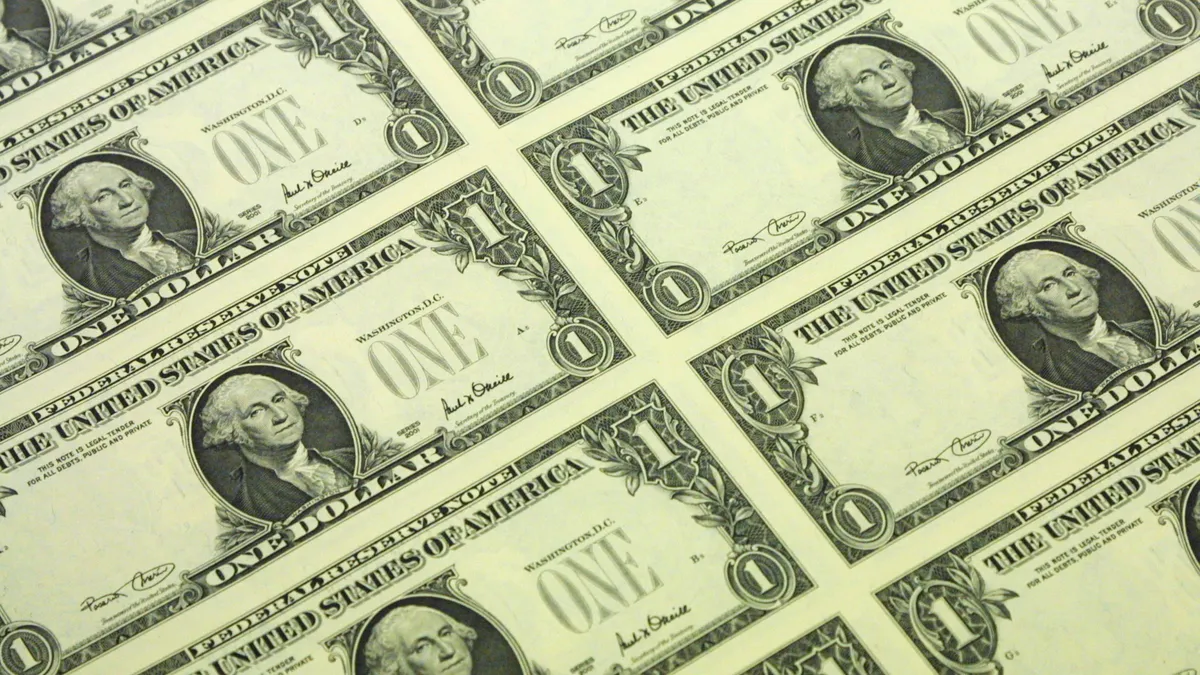Banking trade groups urged officials to consider creating alternative forms of identification low- to moderate-income (LMI) consumers can show to access financial services, according to a paper published Tuesday.
The organizations, including the American Bankers Association, the Consumer Bankers Association, the Credit Union National Association and The Clearing House, particularly castigated proposals to offer checking accounts through the Federal Reserve or offer banking services at the post office, saying the driver licenses or passports necessary to use such services may be expensive for some demographics.
"Instead of establishing a large, duplicative and potentially expensive banking infrastructure to create bank accounts through the Federal Reserve or the U.S. Postal Service (postal banking), there are more effective and less costly ways to address the unbanked/underbanked challenge," the groups said in a statement Tuesday.
The groups encouraged policy makers to push public/private partnerships to innovate and promote targeted financial education and messaging on ways in which a bank account can meet an individual’s needs.
They also prompted government benefit programs to encourage enrollees to open low-cost, basic bank accounts, pushed the banking industry to continue low-cost account-opening initiatives such as BankOn, and stumped for expanded broadband internet access so LMI populations could take better advantage of digital banking options.
"Financial inclusion and access to bank accounts and services is a key priority of banks and credit unions and an important shared goal of the private, nonprofit, and government sectors," said Rob Hunter, The Clearing House’s deputy general counsel. "While there is much more work to be done, we are pleased that the percentage of unbanked U.S. households has steadily declined over the past decade. The recommendations set forth in the paper are aimed at expanding that progress."
About 6% of U.S. households are unbanked, the groups said in the paper, which comes a day after Wells Fargo launched a 10-year effort to give unbanked people — especially Black, Brown and Indigenous communities — better access to affordable, mainstream accounts.














